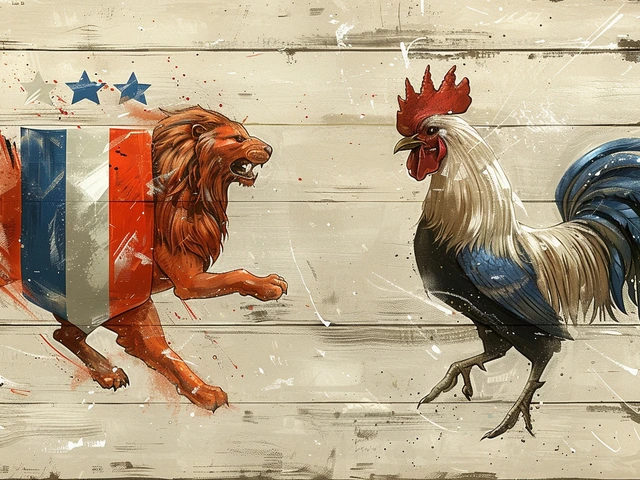Racist Song: Why It Still Sparks Debate and What You Should Know
Racist songs aren't just a relic of the past; they continue to stir controversy today. Whether in mainstream media or underground circles, such songs can promote harmful stereotypes and fuel social divisions. But why do these songs matter so much, and what effect do they have on society? Let's get clear on what racist songs are and the impact they carry.
A racist song is one that promotes discrimination or hatred against a specific group based on their race or ethnicity. These songs often use offensive language or stereotypes that can hurt and alienate people. It's important to remember that music isn't just entertainment—it can shape how people think and feel about others. When a song spreads harmful ideas, it can reinforce prejudice and normalize discrimination.
How Racist Songs Affect Communities
Imagine hearing a song that mocks your culture or identity over and over. It doesn't just sting—it can make you feel unsafe or unwelcome. In communities where diversity is part of daily life, racist songs can damage trust between groups and create tension. For individuals targeted by this kind of music, the emotional toll can be heavy, resulting in feelings of exclusion or anger.
On a wider scale, racist songs can derail efforts to build inclusive societies. When harmful messages gain attention, they risk influencing listeners—especially young people who are still forming their views. This is why many artists and organizations speak out against racist content and push for music that celebrates diversity instead.
What Can We Do About Racist Songs?
Stopping racist songs isn't about banning music but about promoting awareness and respect. It's good to question the messages behind the lyrics and think about how they affect others. Platforms and broadcasters also play a role by deciding what content they share or restrict. Supporting artists who create positive, inclusive music is another powerful way to counteract harmful messages.
Next time you come across a song that feels offensive or hurtful, take a moment to reflect. Why does it bother you? How does it affect people around you? Talking openly about racism in music helps everyone understand its impact and why it matters to stand against hate in all forms.






